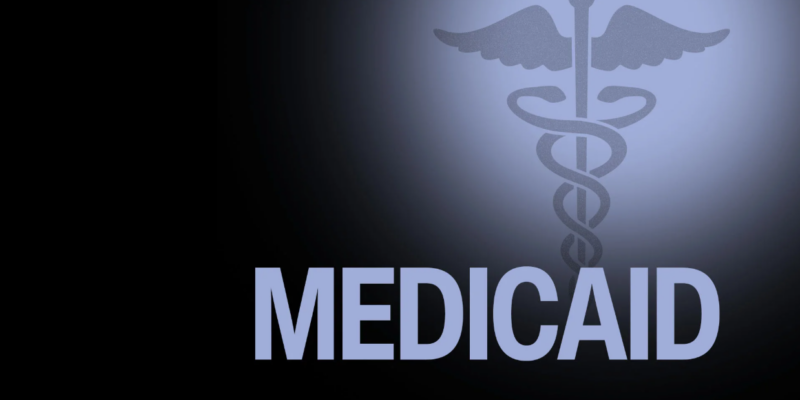It’s a bill that would improve matters tepidly, but you would think it heralded the end of the world judging by the rhetoric emanating from the far left, which views government primarily as a redistribution machine.
SB 130 by Republican state Sen. Heather Cloud would modestly increase the oversight the Louisiana Department of Health maintains over Medicaid eligibility — including regular, expanded, children’s, and waiver provisions of the program. It requires LDH to independently verify eligibility information, prohibits sole reliance on automatic renewals (and bans them entirely for future waiver program operation), bars exclusive use of self-attestation to verify income and assets, mandates verification of residency, and requires data matching from a variety of sources on quarterly, semiannual, and annual bases.
Unfortunately, until the last couple of years— since Democrat former Gov. John Bel Edwards had entered office — LDH rarely utilized the efforts listed in the bill. Vast swaths of verification occurred through self-attestation, and what data-based verification did happen was usually perfunctory, asking for very little and skipping over key eligibility criteria.
And it was entirely intentional. Not only did the Edwards Administration loosen eligibility procedures upon taking office, it also fought against legislative attempts to impose somewhat-similar standards as in the current bill.
Not that the contemplated changes are all that substantial. The bill was actually watered down before leaving the Senate, leaving in options for self-attestation and automatic renewals and reducing the frequency of cross-checking.
But based on statements from leftists inside and outside of government you’d think the bill was an exercise in mean-spiritedness. Hollow claims — often from people who’ve likely never interacted with the Medicaid eligibility system in any capacity, much less over the long term, and who know few if any people who have, either as clients or system employees — allege that the vast majority of otherwise deserving individuals will lose eligibility because society and government have failed to equip them to navigate simple verification steps. This, despite LDH bending over backwards to inform and assist them. They also argue that many of those who lose eligibility will eventually churn back onto the program, supposedly saving little in the end.
But the data show otherwise. The fiscal note to the current, diluted version of the bill estimates average annual savings within five years of $26 million in state taxpayer funds — and around $211 million annually in unneeded federal funds. This is not far off the $180 million saved annually when some standards were forced upon the Edwards Administration almost a decade ago, suggesting the assumptions behind these estimates are in the ballpark.
The fact is, the relaxed standards currently in place do allow for a nontrivial level of improper payments — something relatively unobtrusive changes can significantly reduce. Legislators must ignore the hyperbole equating these modest reforms with a war on the poor and pass the bill, reassuring taxpayers that what comes out of their pockets is being spent wisely on those who genuinely need it.
Advertisement
Advertisement

